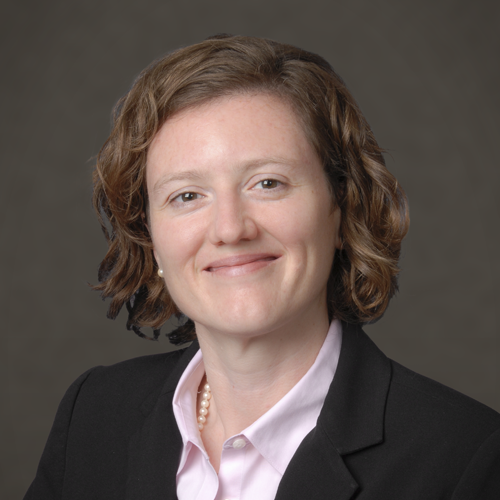Our Positions | Catastrophe Funds
As the frequency of natural disasters rises, so increases the probability that a major catastrophe will strike the U.S. at an even higher cost than the over $200 billion in combined insured losses experienced as a result of Hurricanes Katrina and Superstorm Sandy. That became evident as the nation struggled to recover from the back-to-back hits in 2017 from Hurricanes Harvey in Texas and Irma, along the southeastern coast.
With many aware of this fact, there has been widespread agreement among policymakers and industry stakeholders about the importance of mitigating ahead of disasters and building our homes and businesses more resiliently. But in recent years there have also been numerous discussions in Congress, state capitals, and within the insurance industry about the concept of transferring some or all of a state’s “catastrophic risk” to the federal government.
This model, which essentially forces the federal government to act as a reinsurer for states, would only be a further drain on taxpayers already subsidizing a rapidly increasing amount of post-disaster costs. The Florida Hurricane Catastrophe Fund, an example of how a federal catastrophe backstop works on the state level, imposes a liability on the states’ taxpayers of over $30 billion but has no evident funding mechanism that would allow it to pay anywhere near that amount in claims. A model like the FHCF at the federal level also would only increase the moral hazard already experienced by states and local governments, who have little incentive to require homes and businesses to be built resiliently; they know that the large majority of post-disaster costs are covered by the federal taxpayer.
NAMIC Position
NAMIC opposes efforts to provide federal support for state-sponsored insurance programs, which could create incentives for more states to create risky catastrophe plans similar to what exists in Florida, and increase the federal government's financial exposure. Artificial controls on the market mask the real issues of increased risk and lack of mitigation in disaster prone areas.

